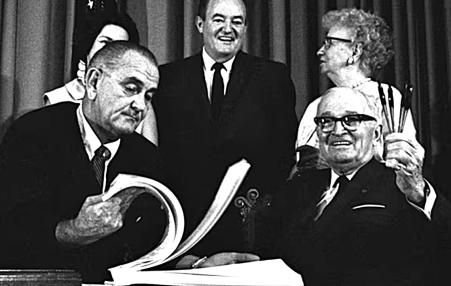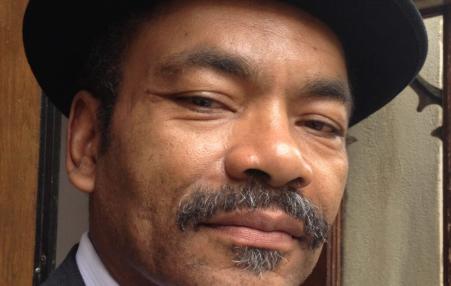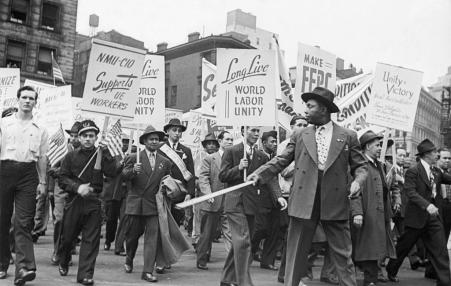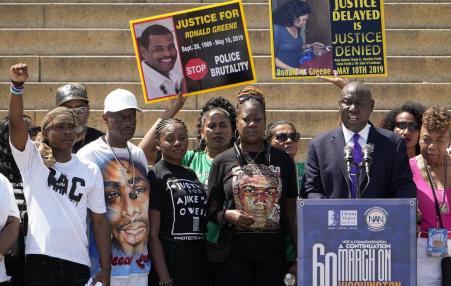Ryan Coogler’s Road to “Sinners”
The New Yorker
Black Washingtonians in the Fight for Equality: An Interview With Maurice Jackson
Black Perspectives
60 Years of Progress in Expanding Rights Is Being Rolled Back by Trump − a Pattern That’s All Too Familiar in US History
The Conversation
The Return of Ta-Nehisi Coates. A Decade After “The Case for Reparations,” He Is Ready To Take On Israel, Palestine, and the American Media.
New York Magazine
Crow Jim: Project 2025’s Obsession With Reverse Racism
The American Prospect











Spread the word